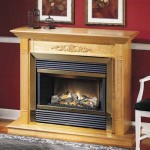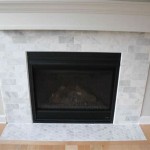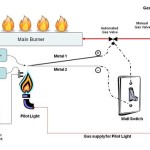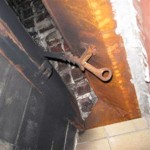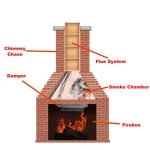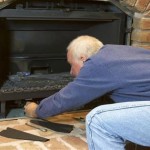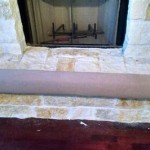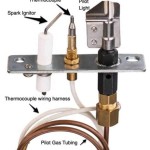Electric Fireplace Cost Per Hour: A Guide to Energy Efficiency
Electric fireplaces offer a cozy ambiance and warmth without the hassle of wood-burning. Their energy efficiency and ease of use make them a popular choice for many homeowners. However, understanding the cost of running an electric fireplace is crucial for budgeting and responsible energy consumption. This article explores the factors that determine the cost per hour of an electric fireplace and provides insights into maximizing energy efficiency.
Factors Influencing Electric Fireplace Cost Per Hour
The cost of operating an electric fireplace per hour is not a fixed value. It fluctuates depending on several factors, including:
- Fireplace Wattage: The wattage of the fireplace dictates the power consumption. Higher wattage fireplaces consume more electricity, resulting in higher operating costs.
- Heating Element Type: Electric fireplaces utilize different heating elements, such as ceramic or quartz. Ceramic heaters are generally more energy-efficient than quartz heaters.
- Heating Mode: Electric fireplaces offer various heating modes, including fan-only, heat-only, and combination. Using the fan-only mode consumes significantly less energy than using both the fan and heating elements.
- Room Size: The size of the room where the fireplace is installed also plays a role. A larger room requires more heat output, increasing energy consumption.
- Local Electricity Rates: The cost of electricity varies depending on the geographic location and the electricity provider's rates.
By considering these factors, you can estimate the cost of running your electric fireplace per hour. However, it is important to note that these are approximate values. Actual costs may vary depending on various usage patterns and individual circumstances.
Estimating Electric Fireplace Cost Per Hour
To estimate the cost per hour of running an electric fireplace, follow these steps:
- Determine the fireplace's wattage. This information is usually available in the user manual or on the fireplace itself.
- Convert watts to kilowatts (kW): 1 kilowatt (kW) equals 1000 watts. For example, a 1500-watt fireplace equates to 1.5 kW.
- Check your local electricity rate per kilowatt-hour (kWh). You can find this information on your electricity bill.
- Calculate the hourly cost: Multiply the fireplace's wattage (kW) by your electricity rate (kWh) to obtain the hourly cost.
For instance, suppose your electric fireplace has a wattage of 1500 watts (1.5 kW) and your electricity rate is $0.15 per kilowatt-hour (kWh). The estimated cost per hour would be:
Hourly cost = 1.5 kW x $0.15/kWh = $0.225/hour
Tips for Maximizing Energy Efficiency
While electric fireplaces are generally energy-efficient, there are ways to maximize their efficiency and minimize energy consumption:
- Choose the right size fireplace: Select a fireplace with a wattage appropriate for the size of your room. Oversizing a fireplace leads to unnecessary energy use.
- Utilize the fan-only mode: If you only need air circulation, use the fan-only mode to avoid unnecessary heat production.
- Set a timer or thermostat: Use a timer or thermostat to automatically turn off the fireplace when you are away or when the room reaches the desired temperature.
- Insulate your home: Ensure your home is adequately insulated to prevent heat loss and reduce the need for excessive heating.
- Consider a programmable thermostat: Invest in a programmable thermostat to adjust the heating schedule according to your daily routine, optimizing energy consumption.
By implementing these energy-saving tips, you can significantly reduce the cost of operating your electric fireplace while enjoying its cozy ambiance.

How Much Does It Cost To Run Electric Fireplace In 2024

How Much Does It Cost To Run An Electric Fireplace Per Hour Month

ᑕ❶ᑐ How Much Does It Cost To Run An Electric Fireplace

Cost To Run An Electric Fireplace 8 Saving Tips Calc

ᑕ❶ᑐ How Much Does It Cost To Run An Electric Fireplace

How Much Electricity Does An Electric Fireplace Use Capo Fireside

ᑕ❶ᑐ How Much Does It Cost To Run An Electric Fireplace

How Much Electricity Does An Electric Fireplace Use In 2024 R W Flame

Are Electric Fireplaces Expensive To Operate Dimplex

Fireplace Usage Cost Calculator
Related Posts

